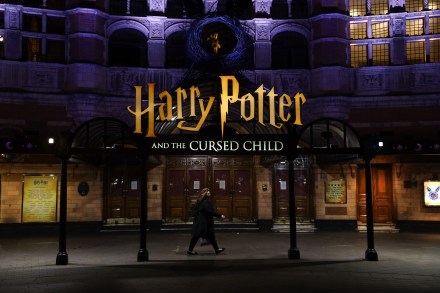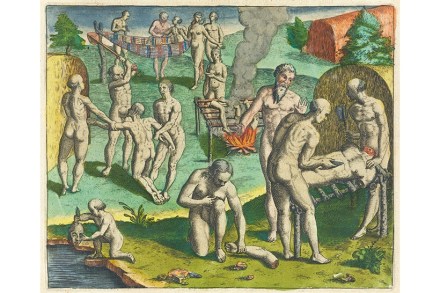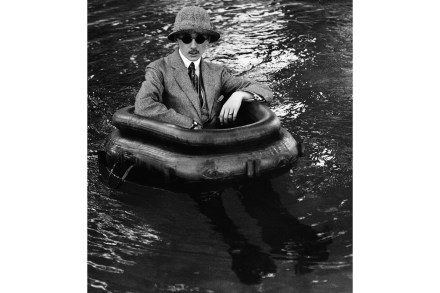The genius of Martha Graham
If eight weeks in lockdown have brought out my baser impulses (biscuits by the sleeve, total renunciation of waistbands), it’s also deepened my appetite for culture at its plushest, liveliest heights. It’s not just beaches and brunches I’m craving as spring turns to summer and I round off my second month of working supine on the couch; it’s the sheen of studio lights on the Rothkos at Tate Modern, the whooshing sound when a dancer catapults herself across the Sadler’s Wells stage. Fortunately, watching the Bolshoi’s Swan Lake on Marquee TV last week — the world’s favourite ballet by the world’s foremost company — went some way in filling that




















